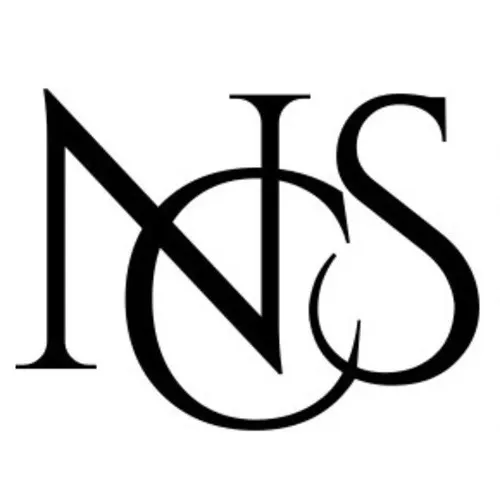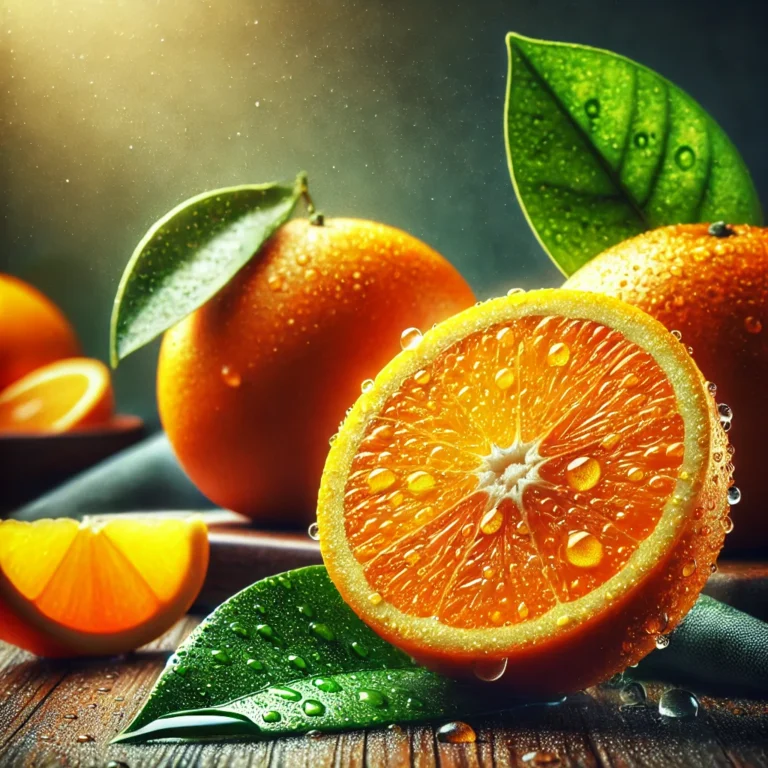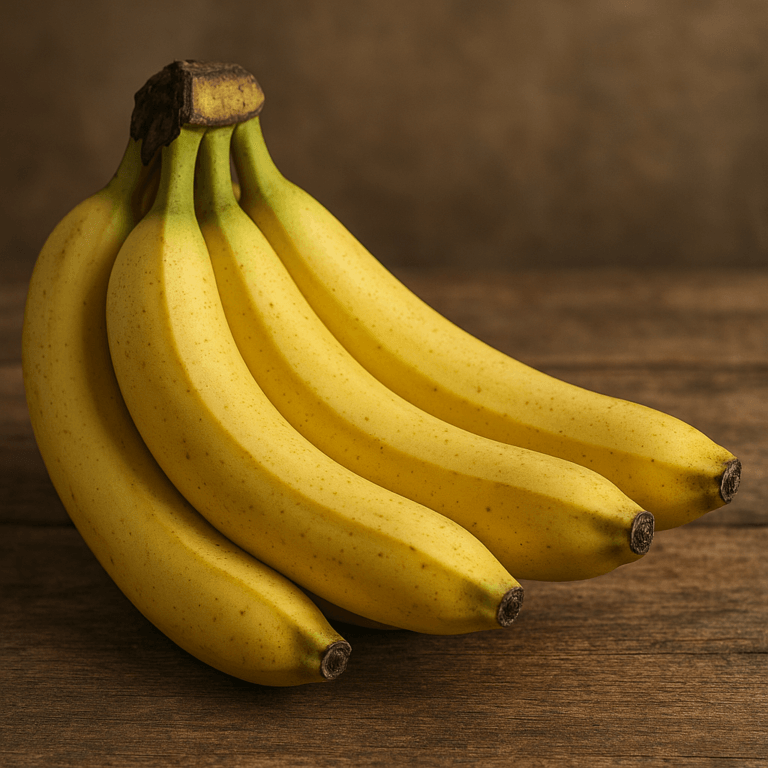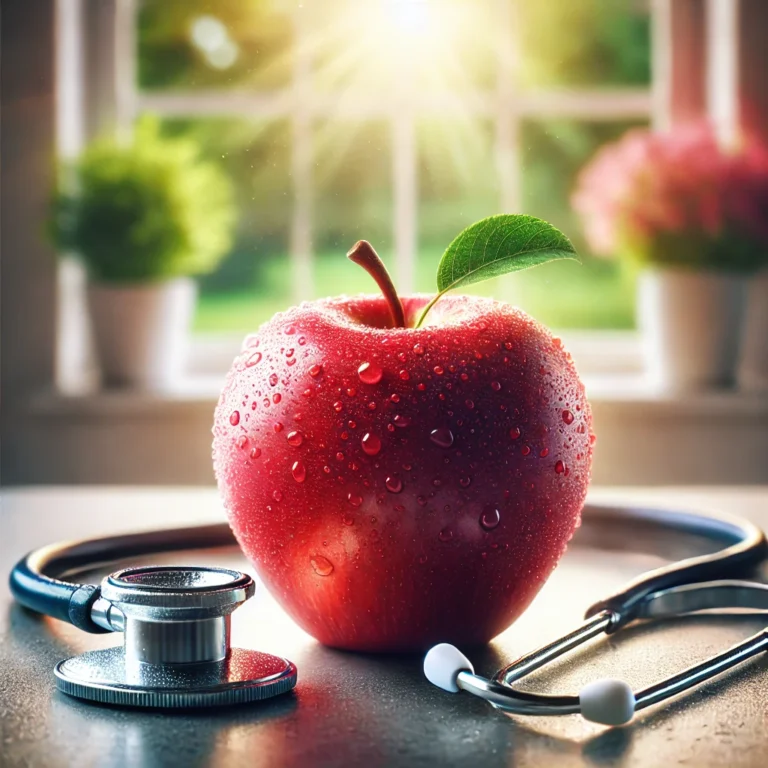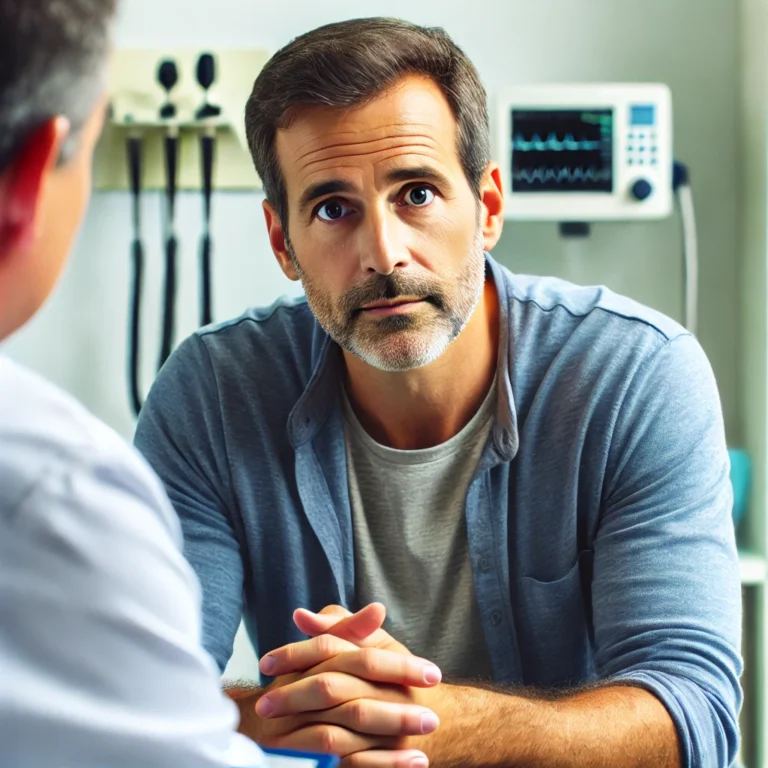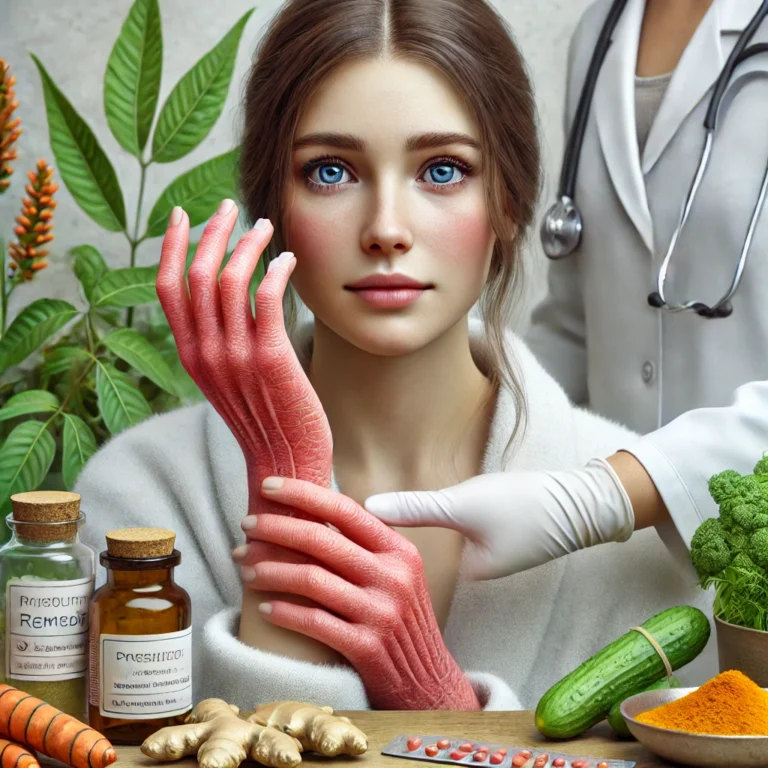Understanding and managing hypertension is crucial for maintaining overall health and well-being. This comprehensive guide explores natural remedies, treatment options, and essential information about high blood pressure management.
Understanding High Blood Pressure and Cardiovascular Health
Blood pressure is the force exerted by blood against vessel walls. Normal blood pressure readings fall below 120/80 mmHg. Hypertension occurs when blood pressure consistently exceeds these numbers, potentially leading to serious cardiovascular complications.
Systolic and Diastolic Blood Pressure Explained
- Systolic pressure (top number): Represents the force when the heart contracts
- Diastolic pressure (bottom number): Indicates pressure when the heart relaxes
How to Lower Blood Pressure Naturally with Hypertension
Natural approaches to managing hypertension include:
- Regular physical activity (30 minutes daily)
- Meditation and relaxation techniques
- Maintaining a healthy weight
- Reducing sodium intake
- Increasing potassium-rich foods in diet
Best Medications for Managing Hypertension in Adults
While natural remedies are beneficial, some individuals may require medication. Common prescriptions include:
- ACE inhibitors
- Beta-blockers
- Calcium channel blockers
- Diuretics
Always consult healthcare providers before starting or modifying any medication regimen.
Hypertension Diet Plan for Older People
Older people require special dietary considerations:
- Reduce sodium intake to 1,500mg daily
- Increase potassium-rich foods
- Choose lean proteins
- Incorporate heart-healthy fats
- Stay hydrated with water
Symptoms and Treatment of Hypertension During Pregnancy
Pregnancy-induced hypertension requires careful monitoring:
- Regular prenatal checkups
- Modified diet plans
- Safe exercise routines
- Possible bed rest
- Medication adjustment under medical supervision
How Stress and Anxiety Cause Hypertension
Chronic stress contributes to hypertension through:
- Elevated stress hormones
- Poor sleep patterns
- Unhealthy coping mechanisms
- Irregular eating habits
Risk Factors for Hypertension
Common risk factors include:
- Age (increased risk over 65)
- Family history
- Obesity
- Sedentary lifestyle
- High-sodium diet
- Excessive alcohol consumption
Lifestyle Changes for Heart Health
Essential modifications include:
- Regular exercise routine
- Balanced diet
- Stress management
- Adequate sleep
- Limited alcohol intake
- Smoking cessation
Hypertension Complications
Untreated hypertension can lead to:
- Heart disease
- Stroke
- Kidney damage
- Vision problems
- Cognitive decline
Chronic High Blood Pressure Management
Long-term management strategies:
- Regular blood pressure monitoring
- Medication adherence
- Lifestyle modifications
- Regular medical checkups
Hypertension Diagnosis Criteria
Current guidelines define hypertension as:
- Normal: Below 120/80 mmHg
- Elevated: 120-129/80 mmHg
- Stage 1: 130-139/80-89 mmHg
- Stage 2: 140+/90+ mmHg
Hypertension and Kidney Disease
The relationship between hypertension and kidney health:
- Kidney damage can cause hypertension
- Hypertension can worsen kidney function
- Regular monitoring is essential
- Dietary modifications may be necessary
Main Causes of Hypertension
Primary causes include:
- Genetic factors
- Age-related changes
- Lifestyle choices
- Medical conditions
- Medications
Can Hypertension Be Cured Completely?
While essential hypertension cannot be “cured,” it can be effectively managed through:
- Lifestyle modifications
- Proper medication
- Regular monitoring
- Stress management
Foods That Help Reduce Hypertension
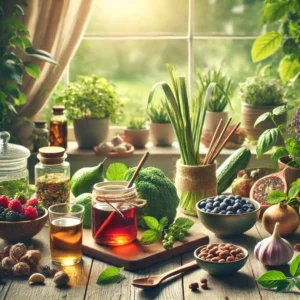
Beneficial foods include:
- Leafy greens
- Berries
- Beets
- Fatty fish
- Whole grains
- Dark chocolate
- Nuts and seeds
Frequently Asked Questions
How to cure high blood pressure in 3 minutes
Unfortunately, there is no way to cure high blood pressure in 3 minutes. However, there are some things you can do to quickly lower your blood pressure if it is elevated. These include:
- Relaxation techniques: Deep breathing, meditation, and yoga can help to lower your blood pressure by reducing stress and promoting relaxation.
- Hydration: Dehydration can cause a temporary increase in blood pressure. Drinking plenty of fluids, such as water or unsweetened tea, can help to lower your blood pressure.
- Avoid caffeine and alcohol: Caffeine and alcohol can both raise your blood pressure. Avoiding these substances can help to lower your blood pressure.
If your blood pressure is consistently high, it is important to see a doctor to determine the underlying cause and develop a treatment plan.
What are the Tricks to lower blood pressure instantly home remedies?
While there are no quick fixes to cure high blood pressure, some relaxation techniques and lifestyle adjustments can help lower it temporarily. Here are a few tricks:
- Deep Breathing: Slow, deep breaths can activate the relaxation response, reducing heart rate and lowering stress hormones, which can contribute to high blood pressure.
- Hydration: Dehydration can cause a temporary increase in blood pressure. Drinking water can help dilute your blood and lower your blood pressure.
- Relaxation Techniques: Practicing relaxation techniques like meditation or yoga can help calm your mind and body, leading to a decrease in blood pressure.
- Avoid Stimulants: Caffeine and alcohol can raise blood pressure. Avoiding these substances can help lower it temporarily.
- Light Physical Activity: Gentle exercise, such as walking or stretching, can help lower blood pressure by improving blood flow and reducing stress.
- Cold Compress: Applying a cold compress to your forehead, neck, or wrists can help constrict blood vessels and lower blood pressure temporarily.
It is important to remember that these tricks are not a substitute for medical advice or treatment. If you have high blood pressure, consult a doctor to develop a personalized treatment plan.
What is 7 second trick to lower blood pressure?
There is no widely recognized “7-second trick” that can magically cure high blood pressure. However, there are quick relaxation techniques that can help lower blood pressure temporarily. One such technique is deep breathing.
Deep breathing involves taking slow, deep breaths, which can activate the relaxation response. This can help to slow your heart rate and lower your blood pressure. To do deep breathing:
- Sit or lie down in a comfortable position.
- Close your eyes and take a deep breath in through your nose, counting to 5.
- Hold your breath for 1-2 seconds.
- Exhale slowly through your mouth, counting to 5.
- Repeat this process for several minutes.
Deep breathing can be a helpful tool for managing stress and anxiety, which can contribute to high blood pressure.
However, it is important to remember that it is not a cure for high blood pressure. If you have high blood pressure, it is important to see a doctor to develop a treatment plan. Sources and related content
How to reduce high blood pressure immediately?
If you have high blood pressure, it’s important to see a doctor to get it under control. There are many things you can do to lower your blood pressure, but it’s important to talk to your doctor about what’s right for you.
Here are some things you can do to lower your blood pressure immediately:
- Relax. Stress can raise your blood pressure, so find a way to relax. This could mean taking a break from work, spending time in nature, or listening to calming music.
- Breathe deeply. Deep breathing can help to slow your heart rate and lower your blood pressure.
- Drink water. Dehydration can also raise your blood pressure, so make sure you’re drinking enough fluids.
- Eat something. If you haven’t eaten in a while, your blood sugar may be low, which can also raise your blood pressure.
- Avoid caffeine and alcohol. Caffeine and alcohol can both raise your blood pressure.
- Get some exercise. Exercise is a great way to lower your blood pressure in the long term, but it can also help to lower it immediately.
If you’re concerned about your blood pressure, it’s important to see a doctor. They can help you to develop a plan to lower your blood pressure and keep it under control.
How to reduce high blood pressure naturally at home?
High blood pressure, also known as hypertension, is a serious health condition that can increase your risk of heart disease, stroke, and other health problems. While medication is often necessary to manage high blood pressure, there are several natural ways to help lower it at home. Here are a few tips:
- DASH Diet: The Dietary Approaches to Stop Hypertension (DASH) diet is a well-researched eating plan that has been shown to significantly lower blood pressure. It emphasizes fruits, vegetables, whole grains, and low-fat dairy products, while limiting saturated and unhealthy fats, cholesterol, and added sugars.
- Reduce Sodium Intake: High sodium intake can raise blood pressure. Limit processed foods, fast food, and excessive salt added to meals. Choose low-sodium options whenever possible.
- Increase Potassium Intake: Potassium helps counterbalance the effects of sodium on blood pressure. Good sources of potassium include bananas, spinach, potatoes, and avocados.
- Regular Exercise: Physical activity is crucial for lowering blood pressure. Aim for at least 30 minutes of moderate-intensity exercise most days of the week.
- Manage Stress: Stress can significantly raise blood pressure. Practice relaxation techniques such as deep breathing, meditation, or yoga to help manage stress levels.
- Limit Alcohol Intake: Excessive alcohol consumption can raise blood pressure. If you drink alcohol, do so in moderation.
- Quit Smoking: Smoking is a major risk factor for high blood pressure. Quitting smoking can significantly improve your cardiovascular health.
- Get Enough Sleep: Lack of sleep can negatively impact blood pressure. Aim for 7-8 hours of quality sleep per night.
- Herbal Supplements: Some herbs, such as garlic, ginger, and hibiscus, may help lower blood pressure. However, it’s important to consult with a healthcare professional before taking any herbal supplements, as they may interact with medications.
Remember, these natural methods can help lower blood pressure, but they may not be enough for everyone. It’s essential to work with a healthcare professional to develop a comprehensive management plan for high blood pressure. They can help you determine the best approach for your individual needs and monitor your progress.
What is the most effective natural remedy for high blood pressure?
There is no single “most effective” natural remedy for high blood pressure, as it can vary depending on the individual and their specific health situation. However, some lifestyle changes and dietary modifications can help lower blood pressure naturally. Here are a few examples:
Diet
- Dietary Approaches to Stop Hypertension (DASH) diet: This diet emphasises fruits, vegetables, whole grains, and low-fat dairy products, while limiting saturated and unhealthy fats, cholesterol, and added sugars. It has been shown to significantly lower blood pressure.
- Mediterranean diet: Similar to the DASH diet, the Mediterranean diet focuses on plant-based foods, healthy fats like olive oil, and lean protein sources. It has also been linked to lower blood pressure.
Exercise
- Regular exercise: Aim for at least 30 minutes of moderate-intensity exercise most days of the week. Exercise can help strengthen the heart and improve blood vessel function, leading to lower blood pressure.
- Stress management techniques: Chronic stress can contribute to high blood pressure. Relaxation techniques such as meditation, yoga, or deep breathing exercises can help manage stress and potentially lower blood pressure.
- Limit sodium intake: Reducing sodium intake can significantly lower blood pressure. Aim for less than 2,300 milligrams (mg) of sodium per day, or even less if you have high blood pressure.
Food In-take
- Moderate alcohol consumption: If you drink alcohol, do so in moderation. Excessive alcohol consumption can raise blood pressure.
- Potassium-rich foods: Increasing potassium intake can help counteract the effects of sodium on blood pressure. Good sources of potassium include bananas, potatoes, spinach, and avocados.
- Magnesium-rich foods: Magnesium can also help lower blood pressure. Good sources of magnesium include nuts, seeds, whole grains, and leafy green vegetables.
- Calcium-rich foods: Calcium may help lower blood pressure, especially in people who are deficient in this mineral. Good sources of calcium include dairy products, leafy green vegetables, and fortified foods.
It is important to note that while these lifestyle changes can be effective in lowering blood pressure, they may not be sufficient for everyone. If you have high blood pressure, it is important to talk to your doctor about the best course of treatment for you. They can help you develop a personalized plan that may include medication,lifestyle changes, or a combination of both.
Disclaimer: This information is for general knowledge and informational purposes only and does not constitute medical advice. Consult a qualified healthcare professional for diagnosis and treatment of any medical conditions.
What are the Foods that lower blood pressure quickly?
While no single food can “quickly” lower blood pressure in a dramatic way, certain foods can contribute to a gradual reduction in blood pressure levels when incorporated into a healthy diet. Here are a few examples:
- Beets and Beetroot Juice: Beets are rich in nitrates, which the body converts into nitric oxide. Nitric oxide helps relax and widen blood vessels, leading to improved blood flow and lower blood pressure. Some studies have shown that beetroot juice can lower blood pressure within a few hours of consumption.
- Leafy Green Vegetables: Spinach, kale, and other leafy greens are packed with nitrates, potassium, and magnesium, all of which can help lower blood pressure.
- Bananas: Bananas are an excellent source of potassium, an essential mineral that helps counterbalance the effects of sodium on blood pressure.
- Fatty Fish: Salmon, tuna, and other fatty fish are rich in omega-3 fatty acids, which have been shown to lower blood pressure and reduce inflammation.
- Yogurt: Yogurt is a good source of calcium and potassium, both of which can help lower blood pressure.
- Citrus Fruits: Citrus fruits like oranges and grapefruits are rich in flavonoids, which may help lower blood pressure.
Important Note:
Consult a Healthcare Professional: It is crucial to consult with a doctor or registered dietitian before making significant dietary changes, especially if you have any underlying health conditions. They can provide personalized guidance and monitor your progress.
Consistency is Key: The effects of these foods on blood pressure are usually gradual and may not be noticeable immediately.
Dietary Changes Alone May Not Be Sufficient: For some individuals, lifestyle modifications and dietary changes alone may not be enough to effectively manage high blood pressure.
How to lower blood pressure instantly in an emergency?
If you are experiencing a hypertensive crisis (blood pressure of 180/120 mm Hg or higher), it is crucial to seek immediate medical attention. Here are some steps you can take while waiting for emergency assistance:
- Stay Calm: Anxiety and stress can worsen the situation. Try to remain calm and focus on deep breathing exercises. Inhale slowly and deeply through your nose, hold for a few seconds, and exhale slowly through your mouth.
- Lie Down: Lie down in a quiet, dimly lit room and elevate your head slightly. This can help reduce the strain on your heart.
- Loosen Tight Clothing: Remove any constricting clothing, such as tight belts or collars, to improve blood flow.
- Avoid Stimulants: Avoid caffeine, nicotine, and alcohol, which can further elevate blood pressure.
- Monitor Your Blood Pressure: If possible, monitor your blood pressure regularly to track its changes.
Important Note: These measures are intended to provide temporary relief while waiting for emergency medical assistance. They are not a substitute for professional medical care. If you or someone you know is experiencing a hypertensive crisis, call emergency services immediately.
Disclaimer
This article is for informational purposes only and should not replace professional medical advice. Always consult healthcare providers before making changes to your treatment plan. Emergency high blood pressure situations require immediate medical attention. The “quick fixes” and “instant” remedies mentioned should not replace proper medical treatment and ongoing blood pressure management strategies. Natural remedies should complement, not replace, prescribed medications unless directed by your healthcare provider.
Regular monitoring and professional medical supervision are essential for managing hypertension effectively. The information provided about rapid blood pressure reduction techniques should only be used under medical supervision and does not substitute for emergency medical care when needed.
You may find worth reading
What Exactly Is a Balanced Diet?
Understand digestive disorders
Learn About the Best Precautions and Cures for Arthritis
Discover insights about insomnia
Safety Tips: What Are The Best Ways To Avoid Injuries?
Now its your turn. Post your valuable opinion about this article in the comments section below. We would love to hear from you.
You may subscribe to our newsletter. To do so you just need to fill up the form below.
